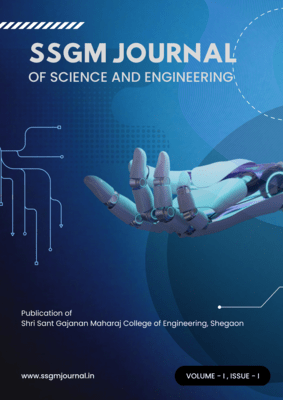Technological Survey of Health-Centric Food Recommendation System
Keywords:
Tailored meal proposal system, dietary restrictions, individual health data, nutritional requirements.Abstract
Abstract— A tailored, health-focused meal proposal system makes use of machine learning algorithms to assess individual health data, food preferences, and nutritional requirements in order to provide tailored meal suggestions. To create a thorough profile, the framework gathers user-specific information such as age, sex, weight, height, restorative history, dietary restrictions, and wellness goals. It then utilizes this data in conjunction with healthy databases and reasoned queries to generate customized meal plans and dietary advice. The system iterates its recommendations based on continuous client feedback and engagement, adapting to shifts in the goals, preferences, and state of well-being of the user. Advanced computations take into account variables such as dietary restrictions, calorie intake, supplement adjustment, and food preferences to ensure optimal health outcomes. Furthermore, in order to provide recommendations that are actually more accurate, the framework can coordinate real-time data from wellbeing trackers or wearable technology. The personalized health-centric nutrition recommendation framework uses massive information analytics and fake insights to encourage people to make informed food decisions that fit their unique goals and demands for wellbeing. This not only promotes better compliance with dietary guidelines, but it also improves general wellbeing. Furthermore, in order to improve the quality of its recommendations, the framework can combine pertinent factors including social preferences, nearby food accessibility, and frequent varieties. By means of regular integration with mobile applications or online platforms, customers may access their customized meal plans, recommended formulas, basic need logs, and dietary histories at any time and from any location.


